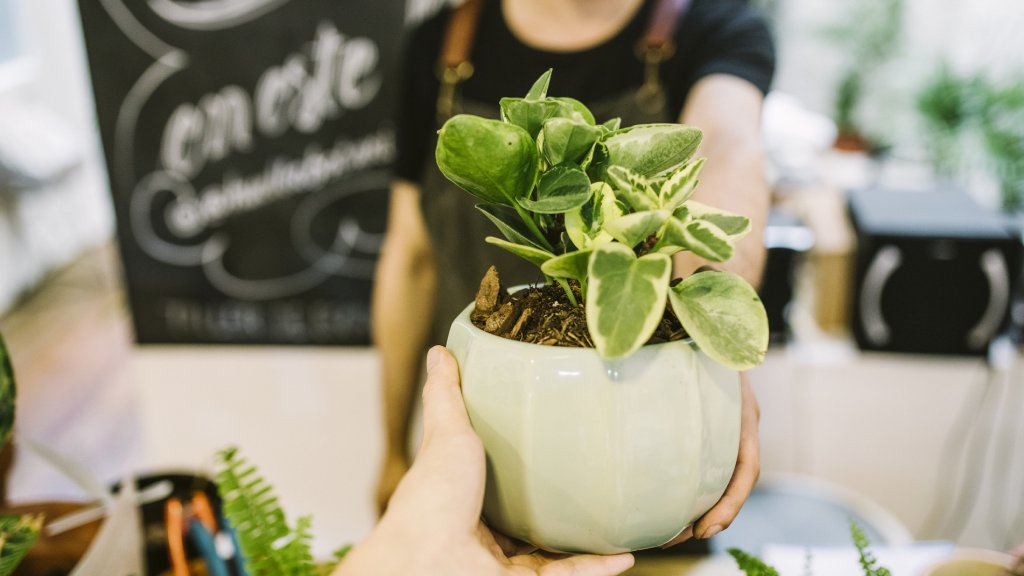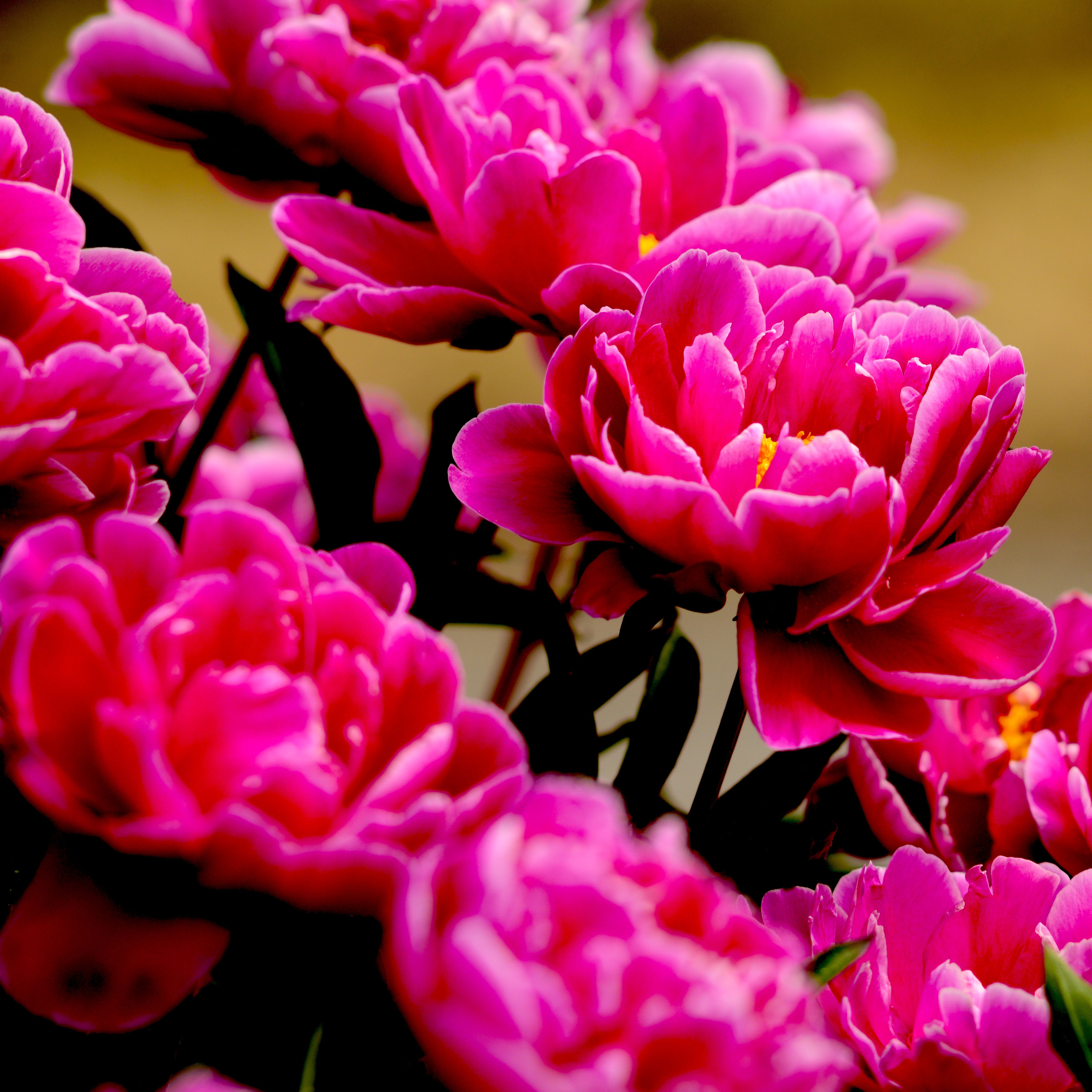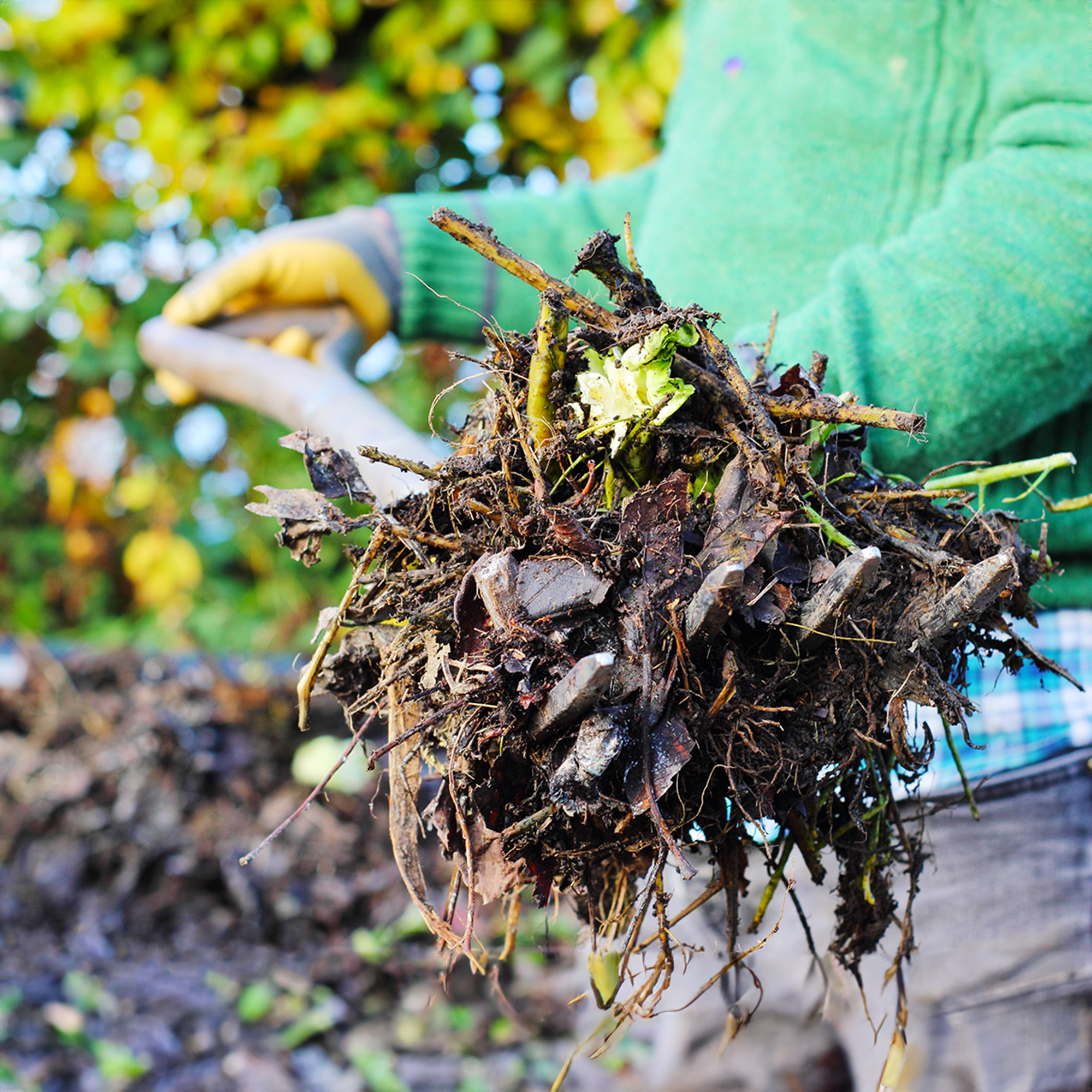Cheap Indoor Plants To Add To Your Collection
Don’t pay premium prices when you can find affordable house plants. Propagate some, get some leftovers from neighbors and buy discounted plants.


Ready to add charm to your home without spending a lot of money or energy? Nothing dresses up a home more quickly and effortlessly than houseplants. Whether lush container plants or hanging baskets with gracefully cascading foliage, a few houseplants can turn a space from blah to wow.
But to make this an affordable option, you’ll have to find affordable houseplants. Fortunately, it’s not hard to find inexpensive house plants that are – or will be – great beauties as they mature. It’s even possible to get some free if you know where to look.
Affordable House Plants
There’s a famous Anthony Powell novel called “Books Do Furnish a Room.” Most writers tend to agree with that sentiment, but plant lovers might argue that plants do it better. They not only make the room feel occupied but – unlike books – they also make it feel more welcoming and hospitable and more alive.
There are several ways to go about locating gorgeous houseplants that won’t require your entire month’s disposable income. First is selecting lower-cost houseplants. Second is finding pre-owned cool houseplants at bargain basement prices. Third is creating your own houseplants from cuttings. Any one of these will get you less expensive plants.
Buying Lower-Cost Houseplants
Some plants are known to be expensive, and this group contains many of the “trendy” plants like leafy fiddle-leaf figs, calathea rattlesnake with its distinctive reptilian-like leaves, and exotic white bird of paradise. The current botanical “in-crowd” tend to be more expensive and, coincidentally, require more effort to maintain.
Then there are the more common houseplant favorites, equally lovely, much easier to care for, and often available at surprisingly low cost. These include air-cleaning and low-light regulars, like golden pothos (Epipremnum aureum), snake plants (Sansevieria trifasciata), peace plants (Spathiphyllum) and spider plants (Chlorophytum comosum). Succulents also tend to be inexpensive houseplants and sometimes shock their owners with the unexpected, brilliant blossoms that appear in the center on long stalks.
Buying Plants at Discount
If you want another, even less expensive option, you may have to work a little harder. Yard sales and moving sales often include plants, or you may be able to find houseplants your neighbors just can't take with them across the country on neighborhood social apps like NextDoor. These plants are often marked down to prices much lower than sale prices in garden stores, since their owners really want them to find happy new homes.
For another type of discount houseplant, think bulbs. Start with amaryllis bulbs, called “Fabulous, Foolproof and Fun” on the University of Iowa’s website. You can buy the bulbs for very little money are the garden store, pot them up yourself, then watch the graceful stalk grow tall and the large bulb open into a large, bright, starry, lily-like blossoms. And all this magic happens in a matter of a few weeks.
Free Indoor Plants
Yes, it’s possible friends or neighbors will pass on free indoor plants to you, but it’s even more likely that they will hand over free houseplant cuttings. This type of propagation has a very high success rate if you pick the right plants.
Just ask your neighbor for a healthy, 3 to 5-inch (7.6 to 12.7 cm) cutting of a foliage plant like a pothos or philodendron, with four to six leaves attached. Remove the lower leaves and tuck the cut end into moist potting soil. Keep the soil damp until roots grow.
For plants like snake plants or the popular ZZ plant (Zamioculcas zamiifolia) can be propagated by division or rooting leaf cuttings. Spider plants are among the easiest, since the plants create baby spidies on long, slender stems, that can be clipped and replanted.
Gardening tips, videos, info and more delivered right to your inbox!
Sign up for the Gardening Know How newsletter today and receive a free copy of our e-book "How to Grow Delicious Tomatoes".

Teo Spengler is a master gardener and a docent at the San Francisco Botanical Garden, where she hosts public tours. She has studied horticulture and written about nature, trees, plants, and gardening for more than two decades. Her extended family includes some 30 houseplants and hundreds of outdoor plants, including 250 trees, which are her main passion. Spengler currently splits her life between San Francisco and the French Basque Country, though she was raised in Alaska, giving her experience of gardening in a range of climates.
-
 Grow ‘Karl Rosenfield’ Peony Plants For The Ultimate Frilly Border Beauties And Cut Flowers
Grow ‘Karl Rosenfield’ Peony Plants For The Ultimate Frilly Border Beauties And Cut FlowersFor frilly double magenta peony petals infused with a heady fragrance, grow ‘Karl Rosenfield’ peony plants. Here’s how to cultivate the ultimate plushy blooms
By Tonya Barnett
-
 10 Common Composting Problems That Can Spoil Your Garden Gold – Plus Easy Fixes
10 Common Composting Problems That Can Spoil Your Garden Gold – Plus Easy FixesLearn how to troubleshoot common composting issues before they ruin your stash – from bad smells and bugs to materials not breaking down as they should.
By Susan Albert